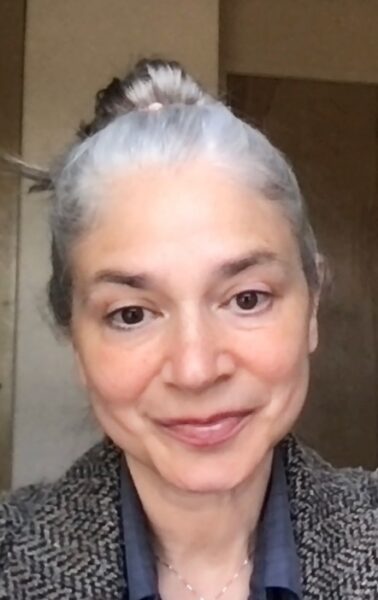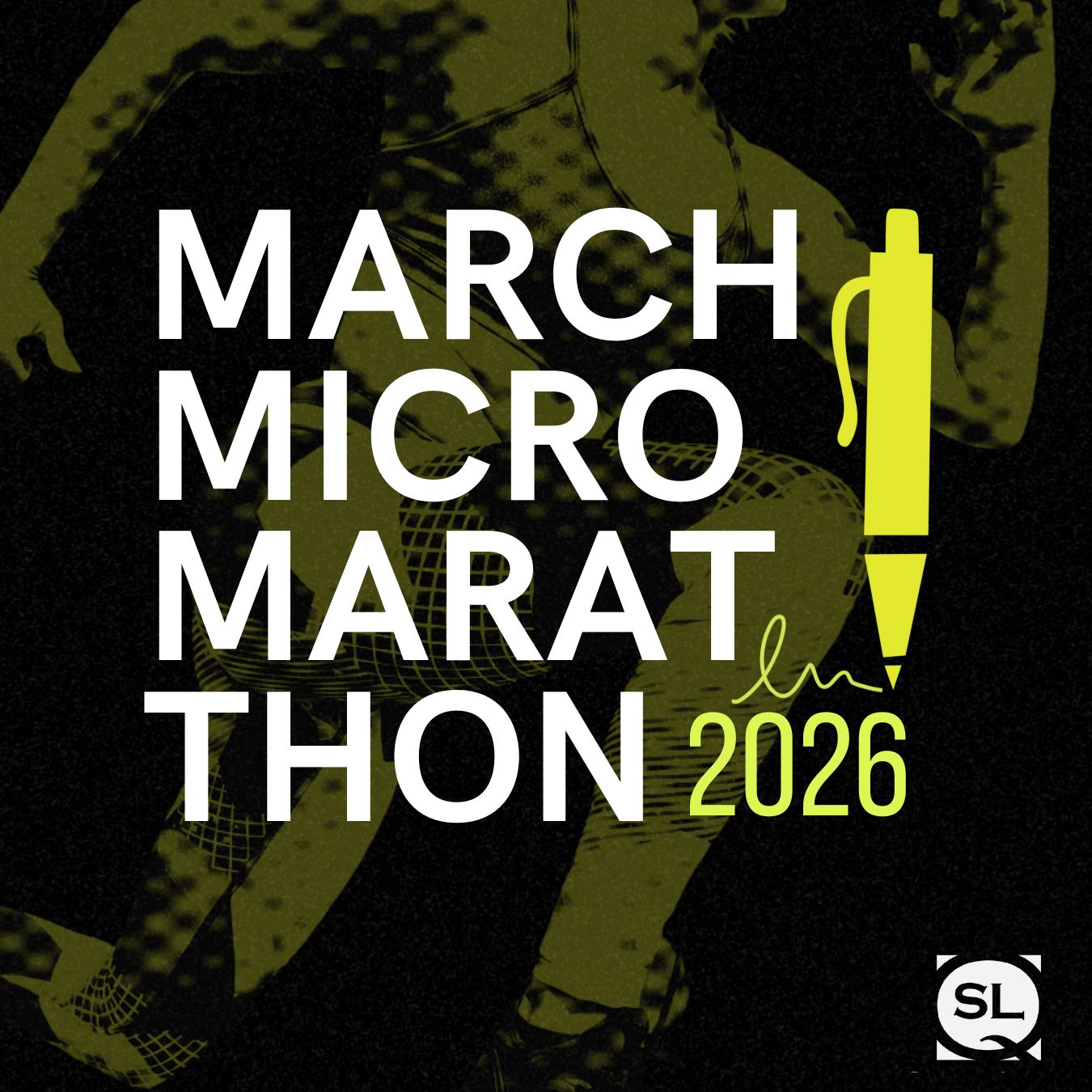We’re experiencing a true crime bubble in the zeitgeist, and I don’t know if it’s burst yet. Is true crime impacting people’s mental health?
That’s an interesting question, and I suppose the answer must be yes—insofar as almost every human obsession has an impact upon our mental health, one way or another. Truth be told, though, I’m not much of a true crime fan myself.
I do love crime fiction: I’m fascinated by the ways different authors use the genre to intervene in inherited concepts of justice and to interrogate our definitions of which kinds of actions constitute violence—including actions that we don’t usually define that way.
But because I have a really consuming day job, my free time is extremely limited, and for me, spending it on how actual criminals have enacted suffering on others—well, I experienced enough of that growing up. I’m pretty sensitive, and honestly just kind of a chicken when it comes to real-life violence. Plus, I learned a great deal more when I researched my first two crime novels. That research gave me literal nightmares. So true crime doesn’t feel entertaining to me. I’ve definitely missed the wave in that regard.
Which headshots are on the wall at the diner where your narrator waits tables? What are their specials?
The narrator’s town is an imaginary amalgam of the various West Virginia towns where I lived or spent time when I was growing up: Buckhannon, Fairmont, and then even tinier places, like Lumberport and the little communities down in Wyoming County.
Because of Buckhannon and Fairmont, let’s say that the walls of the diner include black-and-white photos of Jayne Anne Phillips and Mary Lou Retton. And Johnny Cash, just because.
And the specials at the diner? Well, my mind’s eye shows me The Poky Dot, where we used to go with our dad when we lived in Fairmont, so maybe shakes and burgers. The Poky Dot had a little jukebox at each table; I loved going there.
Let’s add pepperoni rolls to the menu, too, since we’re fictionalizing; they’re a Fairmont specialty. But we used to get ours at Colasessano’s.
Has your narrator ever tried “dishonest” Tinder ads before?
Hmm. I don’t think she has. I think when she says, “I tried writing an honest Tinder ad once,” she’s contrasting her own honest attempt to the general cultural practice of exaggerating one’s attractive points (sometimes to the point of flat-out lying) in personal ads. When facing her actual assets and preferences, she doesn’t imagine anyone being too thrilled.
But she didn’t go through with placing the honest ad, nor did she fictionalize herself.
Hence her availability—and her very flexible standards when it comes to men, which is not a quality I share.
Does your narrator have any funny red flags? What do you feel the system of green, yellow, and red flags says about society?
I think it says we are very nervous about getting intimate and sharing our personal lives with people we don’t know—for good reason. It also says that we try to systematize things to be safe, which works only sometimes. Red flags and so on give us a set of rules and the illusion of safety, which we apparently crave.
Noticeably absent from your noir story is a femme fatale. Why did you choose not to include this stock archetype?
Thank you; that’s a great question. I think I’m just kind of done with the figure of the femme fatale for the moment, because I’ve spent so much time working with that archetype in the past. In my two noir thrillers set in post-Katrina New Orleans (2012’s Hell or High Water and 2013’s Nearer Home), my protagonist Nola Céspedes is both femme fatale and detective. Nola is also both a criminal and a victim of crime, so she combines all the key characters of classic noir into one person.
In those novels, I wanted to explore the femme fatale archetype from within, to explicate for a general audience the tragedy and trauma that can lie at the root of coolly calculated seduction behaviors. In doing so, I gave Nola the mic—or put her behind the camera, if you will: she’s the novels’ first-person POV narrator. But she’s also sporadically unreliable, so readers have to read through her account, becoming detectives themselves.
Balancing all those elements in a single character across two separate story arcs was great fun and a wonderful challenge, but I think I achieved everything I set out to do in terms of deconstructing the misogyny, anxiety, and objectification that lie at the heart of the femme-fatale characterization of overtly sexual and self-interested women, so I’m just kind of done with the femme fatale for now, as far as my own writing goes.
I still love watching femme fatales onscreen, though. Gloria Grahame and Ida Lupino portray some of my favorites—and if you haven’t seen Lizabeth Scott in Too Late for Tears ….



 In its third year, The March Micro Marathon will be, as usual, a prompt-a-day whirlwind for 24 days. You’ll exchange drafts of micro fiction, non-fiction, and prose poetry in small groups and gather for a series of online events (all recorded for participants unable to attend live). We’ll finish with 3 competitions, and participants who are not already in SmokeLong Fitness will be invited to workshop with SmokeLong Fitness until the end of April!
In its third year, The March Micro Marathon will be, as usual, a prompt-a-day whirlwind for 24 days. You’ll exchange drafts of micro fiction, non-fiction, and prose poetry in small groups and gather for a series of online events (all recorded for participants unable to attend live). We’ll finish with 3 competitions, and participants who are not already in SmokeLong Fitness will be invited to workshop with SmokeLong Fitness until the end of April!